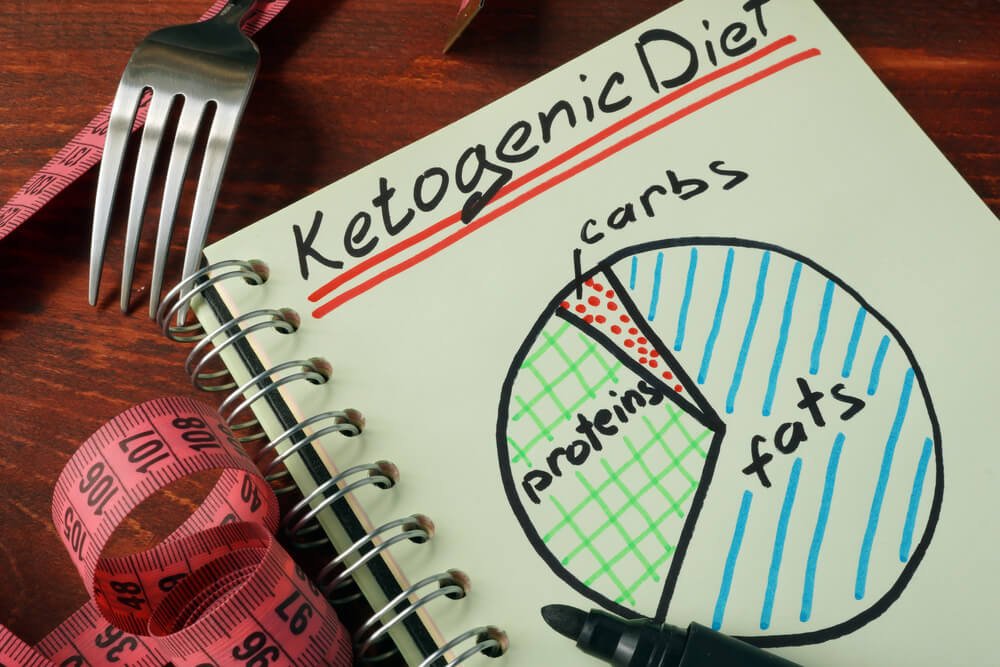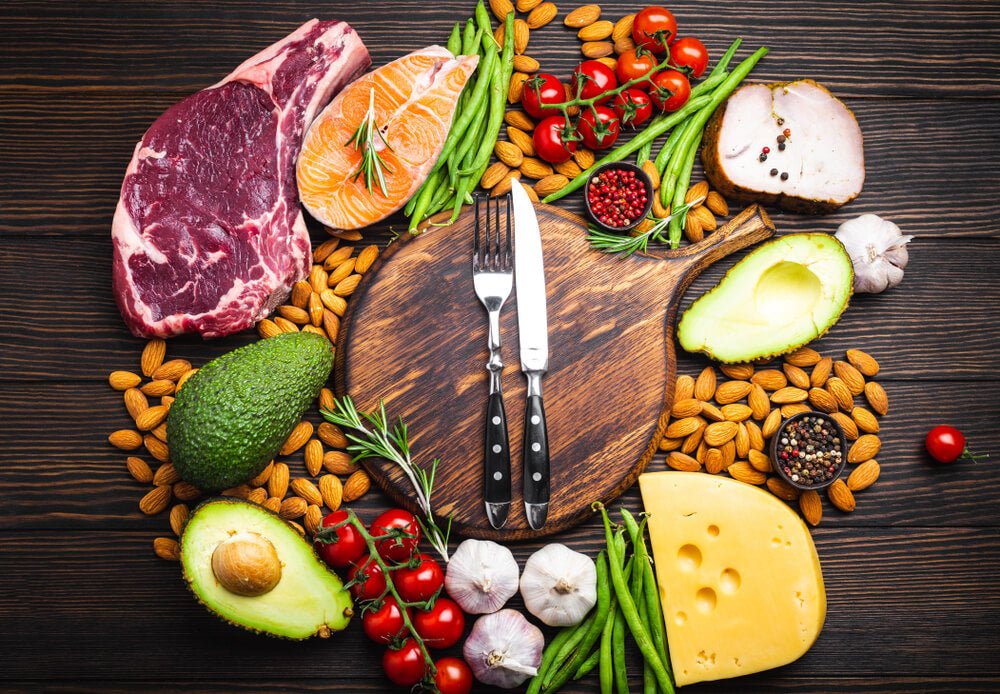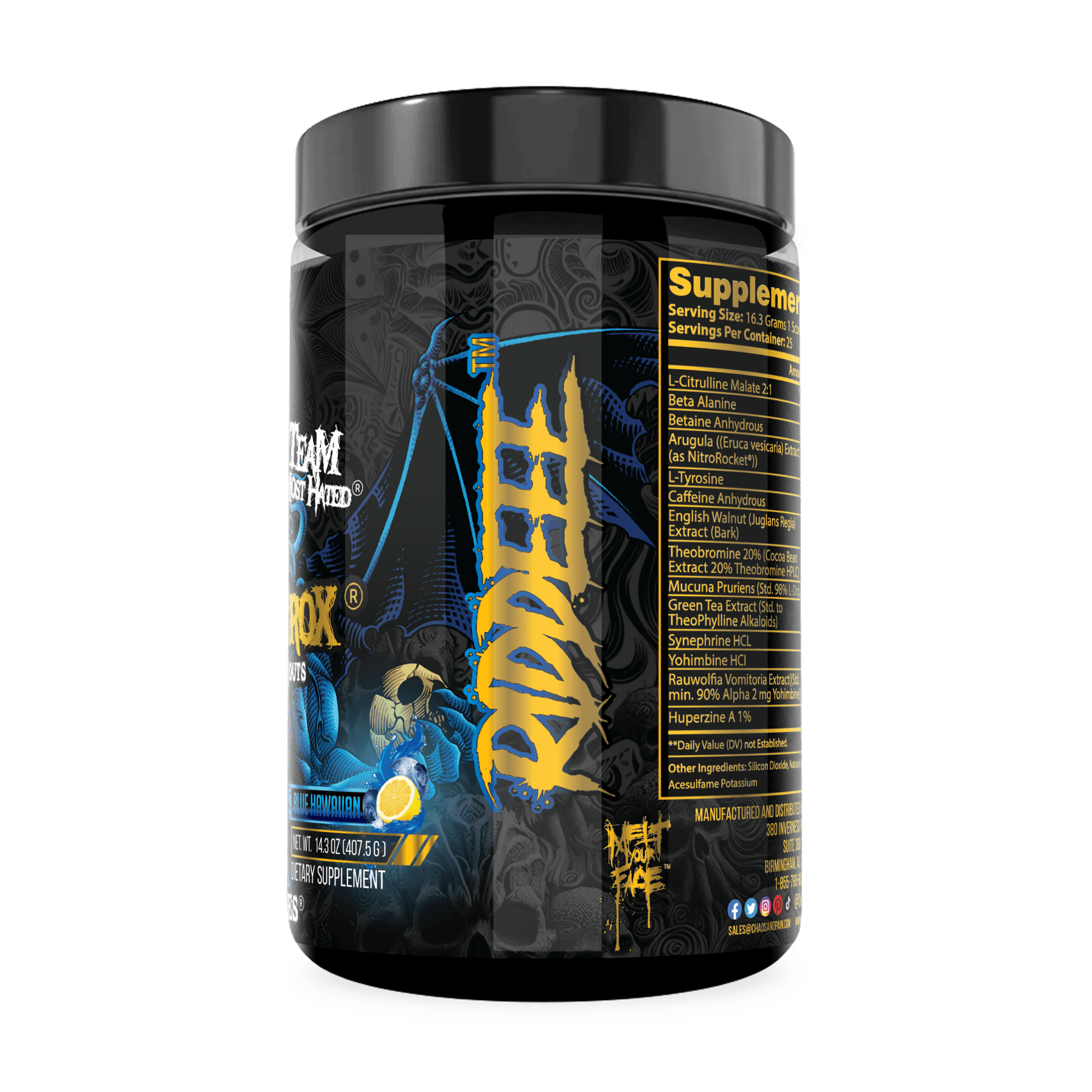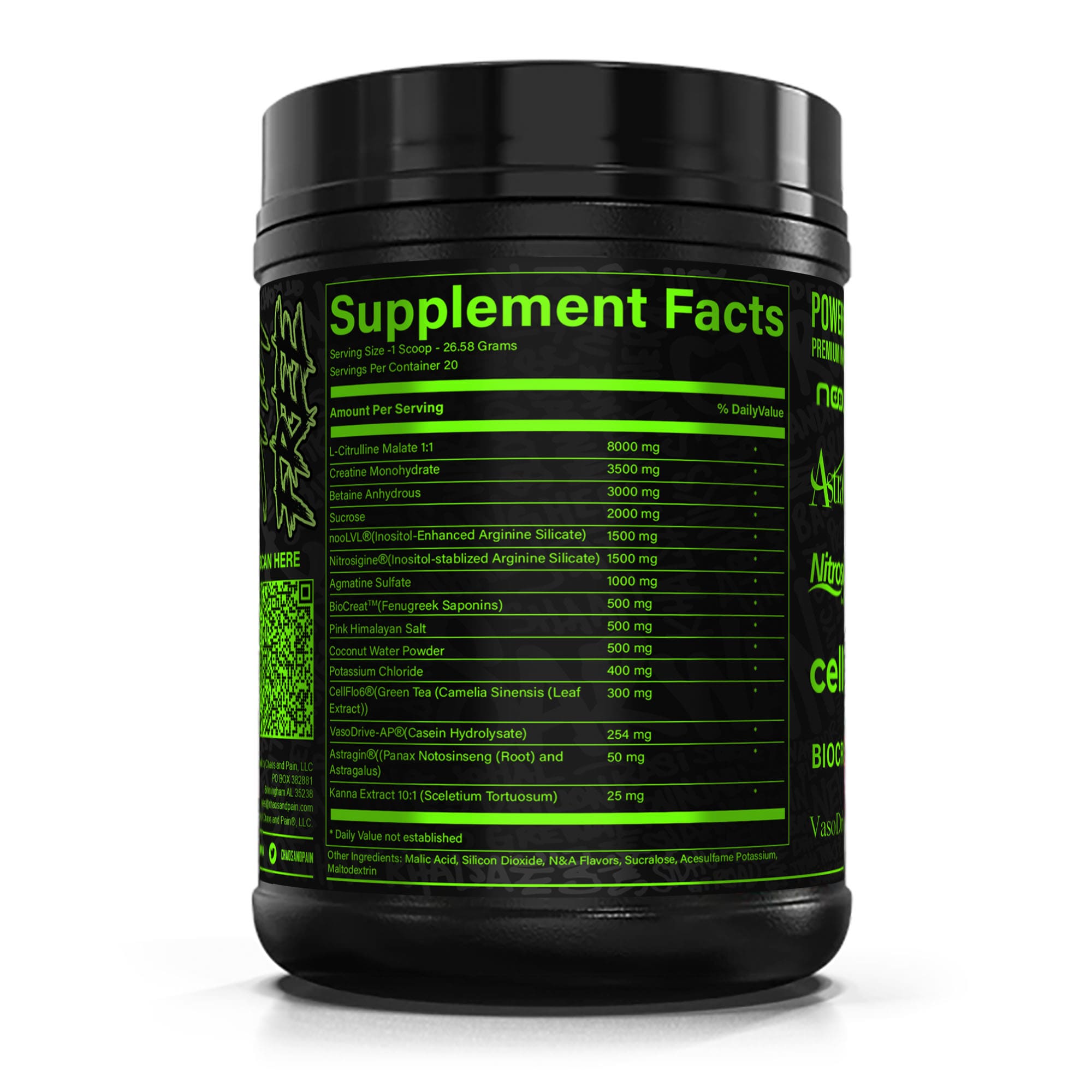DEMYSTIFYING KETOGENIC DIETING PART 2
In case you missed it, last night I gave you guys a brief overview of the history of ketogenic dieting. As well as an overview of what ketogenic dieting is. Go here for a refresher on what I covered then.
You might be wondering, at this point, why you should care. Diet, after all, is just about eating the right stuff for the job. Every bodybuilding mag and site on the planet seems to basically recommend the same stuff. Steamed chicken and broccoli and yams and fish and every other assorted bland food no one who likes eating wants to put into their face.
There are two different approaches to diet, however. There’s the thermodynamic approach. Which is what bodybuilders and other assorted idiots use. Which treats the body like a machine that rolled off a mass-production line, and balances input and output to arrive at a generalized “perfect” dietary plan. Who here is a cybernetic organism sent back in time to kill John Connor?
Demystifying the truth
Exactly. You’re not a machine. I guarantee you that your BMR is NOT what the myriad online calculators tell you it is, and that your MET calculation for a given activity is wildly different than your next-door neighbor’s. Using those calculators is ridiculous. Do you honestly think that a 250 lb., hard charging, muscular sonofabitch is burning the same number of calories as some elephantine broad who just heaved her fat ass out of her lark cart long enough to do the same activity as the beast?
Furthermore, that the “activity” calculations can differentiate between a weekend warrior who thinks he trains hard and someone who’s legitimately killing themselves to be the best there ever was in a strength sport? Or that those calculators accurately reckon the metabolic rate of a person under a gerat deal of sterss who isn’t sleeping enough, trains too much for his sleep and eating habits, and recently lost 100lbs in a couple of months? The answer is no, but if you do, you should probably head to the store and buy a frisbee with which to commit seppuku, because you need to stop breathing, stat.
Individualize your diet
This brings us to the second type of nutritional approach- chaotic. The chaotic theory addresses the complexity of the human organism, and the wild diversity that exists in individual human biology. This is the theory, obviously, to which I ascribe, and the one I think any rational thinking person would adopt.
It is because I ascribe to this theory that I depart from Dan Duchaine’s caloric restrictions. Caloric restriction is an integral part of Body Opus, and he recommends that you set your calorie levels before you even embark upon a regime of carbohydrate restriction and elimination. Given that one’s metabolism is changed so drastically during ketogenic dieting, I consider his methodology to be about as logically sound as that which you’d find in any conversation involving a schizophrenic- it’s utter nonsense.
Studies have shown that low carb diets, calorie restricted or not, cause fat loss, and increase postprandial (post-meal) thermogenesis by 2x (Willey 81, Cordain 17)! Additionally, the more protein you consume, the hotter your metabolism burns, as protein has 3x the thermic effect of carbohydrates or fat (Crovetti), and high protein diets have been shown to increase the metabolic cost of digestion by about 30% when compared with high fat diets.
Ketogenic isn't that hard
But what about all the silly assholes who claim we’re eating too much protein already? Generally, they’ve already demonstrated that they are dumb enough to be stripped of their right to an opinion by stating that the human body can only process 30-40g of protein at a time (a statement for which there is little or no clinical evidence), and a preponderance of anecdotal evidence and some clinical evidence to the contrary.
Beyond that, they’ll claim that too much protein is hard on your kidneys, which is patently untrue given that there are multiplestudies showing that kidneys easily adapt to high protein diets and function perfectly at the end of clinical trials of high protein diets (Skov), and that kidney function improves with increased protein consumption (Eades 138) This is called ontogenesis- your body has the ability and a biological imperative to adapt to its environment and flourish within it. Thus, your body will adapt to accommodate both increased workload and increased protein consumption and will perform better than you had ever dreamed it would simply by force of will, which extends even to the cellular level.
Dieting shouldn't be hard
What’s that mean to you? To get the absolute highest metabolic rate, your diet should be high protein and low-to-no carb. But the question is, what’s chaotic about that? Nothing. Sounds a lot like eating nothing but paleo all day long, which is hardly chaotic. Never fear however- I’ve got another trick up my sleeve. Studies have shown that overeating after undereating leads to greater thermogenesis, an acceleration of anabolic processes, and a replenishment of glycogen reserves and intramuscular triglycerides (Audette 46).
For the slow people, that means it speeds your metabolism and quickly replenishes your intra-muscular energy so that your next viking raid will go swimmingly. Additionally, a 2003 study at Johns Hopkins showed that intermittent fasting (a day of fasting followed by a day of overeating 2x the amount of daily calories) led to an increased life span, reversal of diabetes, and increased resistance to brain damage (Audette 47).
In conclusion: Demystifying ketogenic dieting part 2
Before you people jump to conclusions, I’ll become an intermittent faster when the apocalypse comes, and food becomes scare. Until then, I’ll let that remain the purview of Swedish people with a fetish for starving themselves. It does, however, lend credence to the idea that cycling your calories might be a good idea. So, where does this lead us?
- Always keep your protein insanely high
- rotate your caloric levels
- keto runs are your friend
Go eat a t-bone, and for the love of all that’s unholy, eat it rare to medium. If you cook it more than that, just eat horsemeat, because you’re just crapping on the spirit of the animal who died to feed you by cooking a steak incorrectly.
Sources:
Audette, Ray. Neanderthin. New York: St. martin’s Press, 1999.
Cordain, Loren. The Paleo Diet. Hoboken: John Wiley and Sons, 2002.
Crovetti R, Porrini M, Santangelo A, Testolin G. The influence of thermic effect of food on satiety. Eur J Clin Nutr. 1998 Jul;52(7):482-8.
Eades, Michael. Protein Power.
Skov AR, Toubro S, Bulow J, Krabbe K, Parving HH, Astrup AI. “Changes In Renal Function During Weight Loss Induced By High Versus Low Protein Low Fat Diets in Overweight Subjects.” Int J Obes Relat Metab Disord. 1999. 23: 1170-1177
Willey, Warren. Better Than Steroids. Pocatello: The Fitness Clinic, 2006.












Leave a comment
All comments are moderated before being published.
This site is protected by hCaptcha and the hCaptcha Privacy Policy and Terms of Service apply.